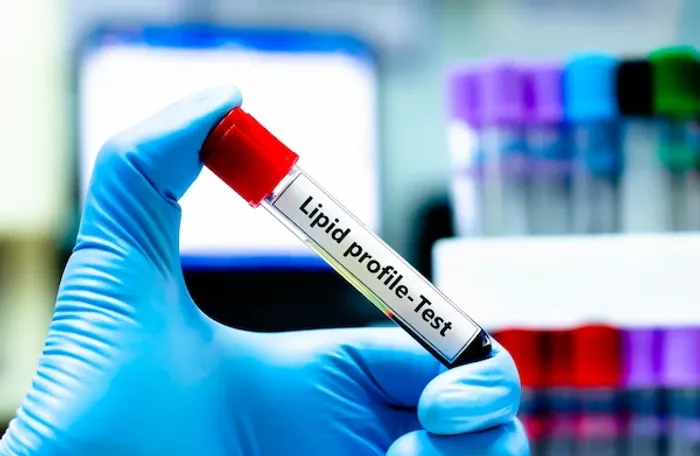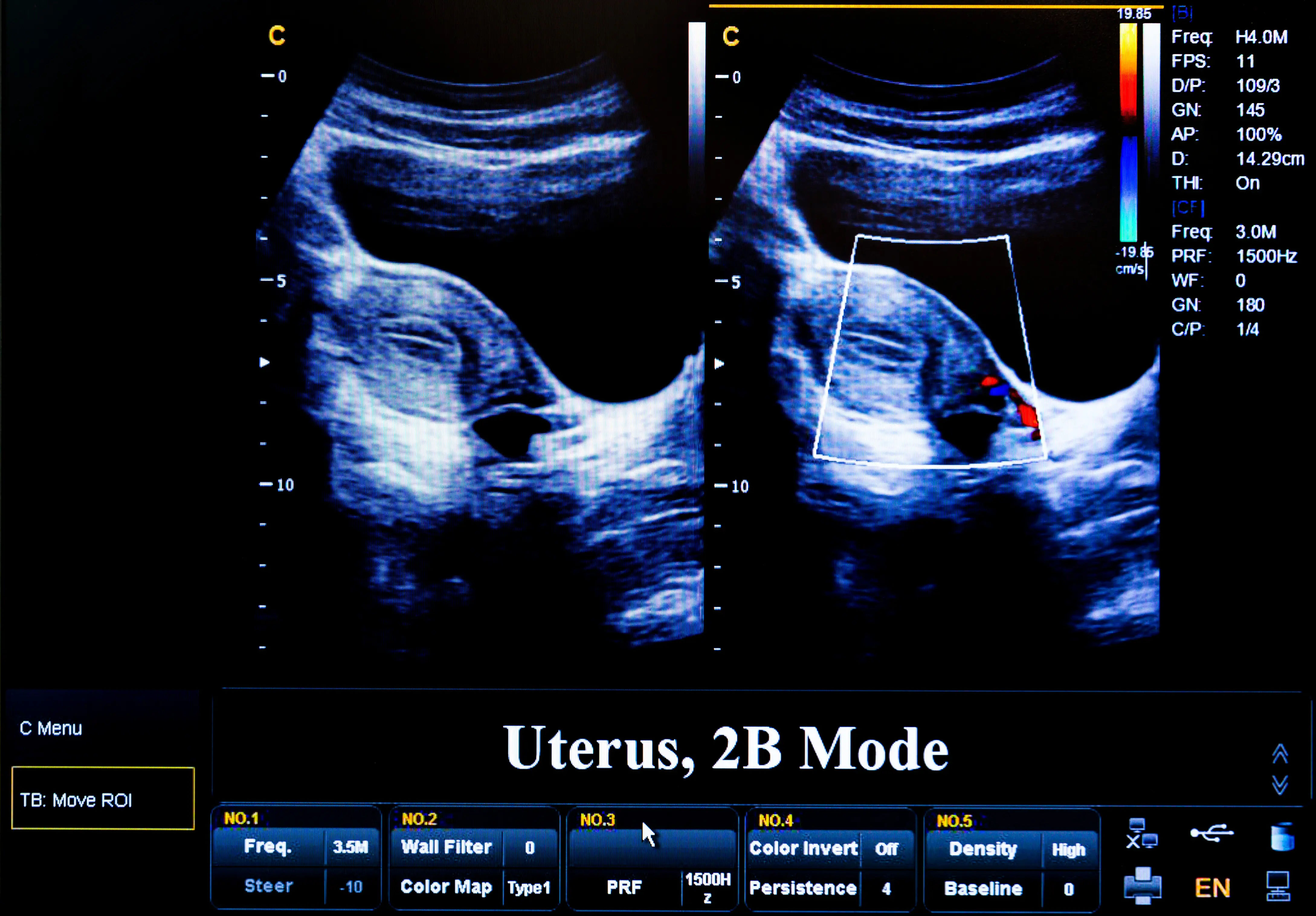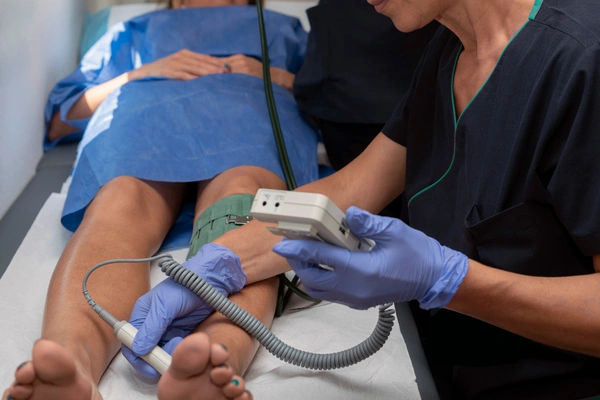Lipid Profile Test Overview and Preparation
Discover what a Lipid Profile Test is, why it’s important for heart health, and how to prepare for accurate results. Learn about the components measured, what the results mean, and when to get tested.


Introduction
Maintaining good heart health is essential for a long and active life, and one of the key tests that help assess your heart health is the Lipid Profile Test. If you’ve been advised to get this test or are simply curious about it, this article will guide you through everything you need to know; what it is, why it’s important, how to prepare, and what the results mean.
What is a Lipid Profile Test?
A Lipid Profile Test is a blood test that measures different types of fats (lipids) in your blood. These lipids include:
- Total Cholesterol – The overall amount of cholesterol in your blood.
- LDL (Low-Density Lipoprotein) Cholesterol – Often called "bad" cholesterol because high levels can lead to plaque buildup in arteries.
- HDL (High-Density Lipoprotein) Cholesterol – Known as "good" cholesterol because it helps remove LDL from the bloodstream.
- Triglycerides – A type of fat that stores excess energy from your diet. High levels can increase heart disease risk.
This test helps doctors evaluate your risk of heart disease, stroke, and other cardiovascular conditions.
Consult a Top Heart Specialist for the best advice
Why is a Lipid Profile Test Important?
High cholesterol and triglycerides often don’t show any symptoms, which is why they are called "silent killers." A lipid profile test helps detect these issues early so that necessary lifestyle changes or treatments can be made before serious problems arise.
Who Should Get Tested?
- Adults over 20 years should get tested every 4-6 years.
- People with risk factors (obesity, diabetes, high blood pressure, smoking, or a family history of heart disease) may need more frequent testing.
- Those already on cholesterol-lowering medications should monitor their levels regularly.
How to Prepare for a Lipid Profile Test
To get accurate results, you may need to fast for 9-12 hours before the test. This means no food or drinks (except water) during this period. However, some modern lipid tests (non-fasting) may not require fasting; always check with your doctor.
Other Preparation Tips:
- Avoid alcohol and heavy meals 24 hours before the test.
- Inform your doctor about any medications you’re taking, as some can affect results.
- Stay hydrated by drinking water.
- Avoid strenuous exercise before the test, as it may temporarily alter lipid levels.
Get Your Health Assessed
Understanding Your Lipid Profile Results
Here’s a general guide to what your numbers mean:
Note: Your doctor will interpret these numbers based on your overall health and risk factors.
What If Your Results Are Abnormal?
If your lipid levels are not within the healthy range, don’t panic. Many people improve their numbers with simple lifestyle changes or medications if needed.
Tips to Improve Your Lipid Profile:
1. Eat a Heart-Healthy Diet
- Reduce saturated fats (fried foods, red meat, butter).
- Increase fiber-rich foods (oats, fruits, vegetables, whole grains).
- Include healthy fats (avocados, nuts, olive oil, fatty fish like salmon).
2. Exercise Regularly
- Aim for 30-45 minutes of moderate exercise (walking, cycling, swimming) most days.
3. Maintain a Healthy Weight
- Losing even 5-10% of body weight can improve cholesterol levels.
4. Quit Smoking & Limit Alcohol
- Smoking lowers HDL (good cholesterol).
- Excessive alcohol raises triglycerides.
5. Take Medications if Prescribed
- If lifestyle changes aren’t enough, your doctor may recommend statins or other cholesterol-lowering drugs.
When to See a Doctor?
If your lipid profile results are abnormal, consult a doctor to discuss the next steps. Regular monitoring is crucial if you have:
- A family history of heart disease.
- Diabetes, high blood pressure, or obesity.
- Previous heart-related issues.
Final Thoughts
A Lipid Profile Test is a simple yet powerful tool to assess your heart health. By understanding your cholesterol and triglyceride levels, you can take proactive steps to prevent heart disease. Remember, small changes in diet, exercise, and lifestyle can make a big difference!
Consult a Top Heart Specialist for the best advice
Consult a Top Heart Specialist for the best advice

Dr. Syed Akram Ali
Cardiologist
14 Years • MBBS DCH DNB(PED) DNB(CARD) CONSULTANT INTERVENTOINAL CARDIOLOGIST, EUROPEAN SOCIETY OF CARDIOLOGY CERTIFIED HEART FAILURE SPECIALIST
Hyderabad
AYMAN POLYCLINIC, Hyderabad
Dr. Sibashankar Kar
Cardiologist
10 Years • MBBS, DNB
Bhubaneswar
Hi-Tech Medical College & Hospital, Bhubaneswar

Dr. Sumanta Chatterjee
Cardiologist
12 Years • MBBS,MD General Medicine,DM Cardiology
Kolkata
HealthYou Speciality Clinic & Diagnostics., Kolkata
(25+ Patients)

Dr. Haider Shaik.
Cardiologist
5 Years • MBBS, MD (Pulmonology) DrNB (Cardiology)
Guntur
Kalam chest and multi-speciality clinic, Guntur

Dr. Nataraja Setty
Cardiologist
21 Years • MBBS, MD (General Medicine), DM (Cardiology)
Bengaluru
Sapphire heart care clinic, Bengaluru
Consult a Top Heart Specialist for the best advice

Dr. Syed Akram Ali
Cardiologist
14 Years • MBBS DCH DNB(PED) DNB(CARD) CONSULTANT INTERVENTOINAL CARDIOLOGIST, EUROPEAN SOCIETY OF CARDIOLOGY CERTIFIED HEART FAILURE SPECIALIST
Hyderabad
AYMAN POLYCLINIC, Hyderabad
Dr. Sibashankar Kar
Cardiologist
10 Years • MBBS, DNB
Bhubaneswar
Hi-Tech Medical College & Hospital, Bhubaneswar

Dr. Sumanta Chatterjee
Cardiologist
12 Years • MBBS,MD General Medicine,DM Cardiology
Kolkata
HealthYou Speciality Clinic & Diagnostics., Kolkata
(25+ Patients)

Dr. Haider Shaik.
Cardiologist
5 Years • MBBS, MD (Pulmonology) DrNB (Cardiology)
Guntur
Kalam chest and multi-speciality clinic, Guntur

Dr. Nataraja Setty
Cardiologist
21 Years • MBBS, MD (General Medicine), DM (Cardiology)
Bengaluru
Sapphire heart care clinic, Bengaluru



.webp)

